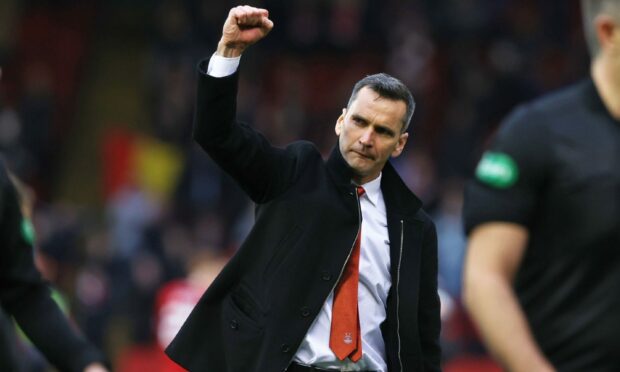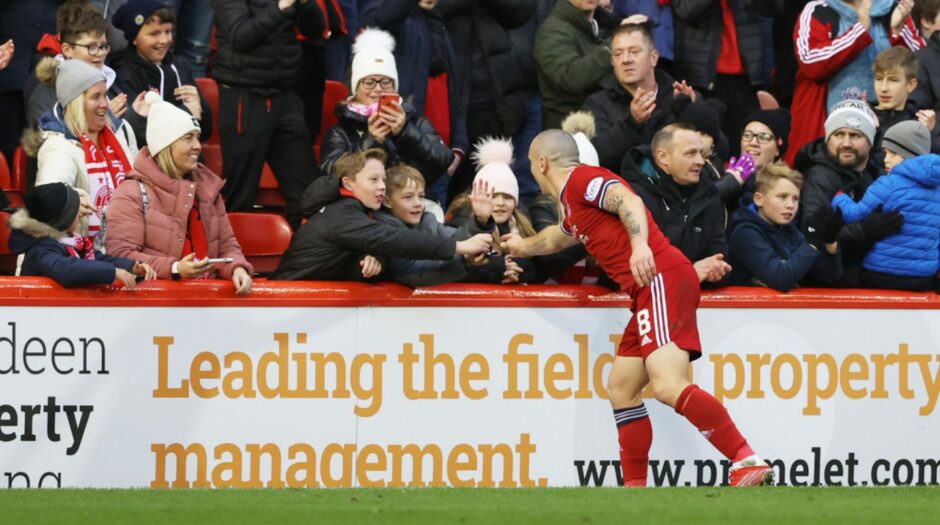Few Aberdeen supporters will be more relieved than Dave Cormack.
The chairman made more than medium waves with his belligerent appearance on Radio Scotland last week, drawing plenty of backwash his way.
Many felt Cormack’s aggressive tack was fuelled by ego; the BBC’s presenter, Kenny Macintyre, went so far as to call it “unprofessional”.
There is, it should be noted, a viable counter-argument about the corresponding professionalism of a broadcaster accepting the audience for spikily interviewing a topical figure, then waiting until he’s safely hung up to denounce his contribution as besmirching his office.
If Macintyre was aggrieved at the notion he’d been accused of an agenda, he should reflect that this was only his mind’s interpretation of what Cormack had actually said.
His point was no more contentious than that only those who work within and support Aberdeen FC are responsible for or have a vested interest in its recovery: a simple fact. That Macintyre heard it to describe him as an agitator against it perhaps says more about his approach to his work than Cormack’s.
Bad news gets more clicks than good, we get that. For all teams. But if it is the BBC’s position that they do not disproportionately seek views when times are lean, and choose whether to air them based on the degree to which they amplify talk of crisis at the club, I would personally find that a very interesting contention.
Suggesting that Cormack was improperly discharging his duty fundamentally misunderstands to whom it is owed.
The chairman running into the firing line allowed Stephen Glass and his pressured team to take fewer hits than they otherwise would: if it made even the tiniest contribution to the crafting of the narrowest possible win, he can chalk it up in his data file, whether the BBC’s feelings are hurt or not.

